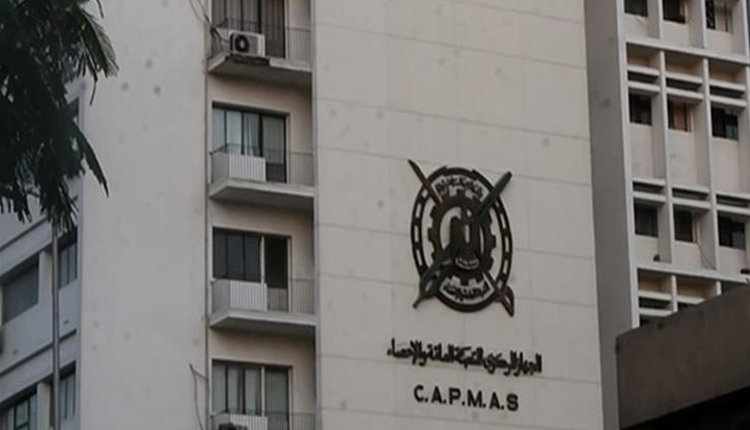Egypt’s annual urban consumer price inflation fell sharply to 9.4% in June from 14.1% in May, official statistics agency CAPMAS said on Wednesday, a significantly bigger drop than analysts had expected.
CAPMAS revealed also that the inflation rate, on an annual basis, declined during the past June to reach 8.9 per cent compared to the same time in 2018 which had recorded 13.8 per cent. It added that the inflation rate recorded 12.4 per cent during the first half of 2019.
Analysts said the deceleration was partly due to last year’s high base effect and lower vegetable prices, which are often a key contributor to high inflation.
“That’s a bigger than expected drop,” said Allen Sandeep, head of research at Naeem Brokerage. “Good news for the markets, as this could raise hopes for a rate cut tomorrow.”
The Central Bank of Egypt’s monetary policy committee will meet on Thursday. It held rates steady at its last two meetings, in May and March, after a surprise cut in February.
Of 15 contributors to a Reuters poll, Naeem was the only one to predict a cut on Thursday.
Urban inflation fell month-on-month in June by 0.8% after rising by 1.1% in May, the statistics showed.
“It’s due, in part, to last year’s high rates and also to some falling vegetable prices,” said Angus Blair, chairman of business and economic forecasting think-tank Signet.
Vegetable prices rose 17.6% year-on-year in June, but fell 10% compared to May, CAPMAS said.
Egypt raised fuel prices last week by between 16% and 30% as part of an IMF-backed economic reform programme that saw inflation rise to a high of 33% in 2017.
While economists had predicted a softer deceleration in inflation in June, most continued to predict the bank would hold rates until the fuel price hikes’ impact is tested.
Source


